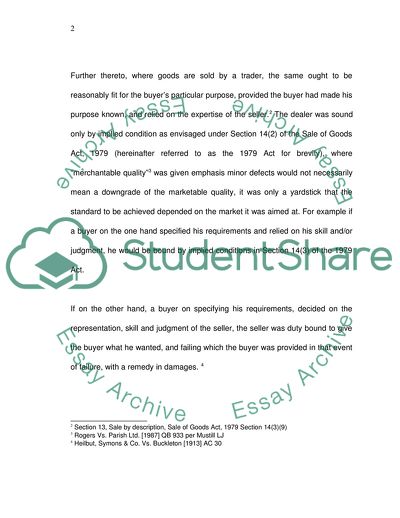Cite this document
(Consumer law - sales of goods act 1979 Case Study, n.d.)
Consumer law - sales of goods act 1979 Case Study. https://studentshare.org/law/1702997-consumer-law-sales-of-goods-act-1979
Consumer law - sales of goods act 1979 Case Study. https://studentshare.org/law/1702997-consumer-law-sales-of-goods-act-1979
(Consumer Law - Sales of Goods Act 1979 Case Study)
Consumer Law - Sales of Goods Act 1979 Case Study. https://studentshare.org/law/1702997-consumer-law-sales-of-goods-act-1979.
Consumer Law - Sales of Goods Act 1979 Case Study. https://studentshare.org/law/1702997-consumer-law-sales-of-goods-act-1979.
“Consumer Law - Sales of Goods Act 1979 Case Study”. https://studentshare.org/law/1702997-consumer-law-sales-of-goods-act-1979.


